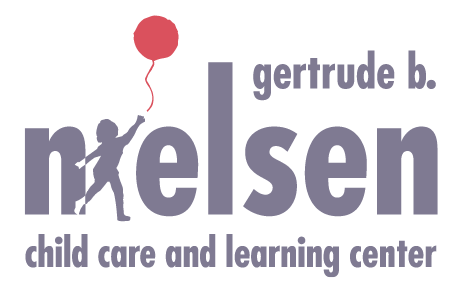Toddler Program
“The toddler program at GBN is so much fun. The rooms are laid out creatively, with multiple levels, nooks, and cozy areas. The children learn to be independent and to function as part of a community.”
– Jessica Cassidy, parent
Our toddler program was created for children spanning the ages from 15 to 36 months.
Our goals for your toddler are a positive self-concept and independence. With this as his foundation, your child will have the basis for learning that helps him achieve his greatest potential in the following preschool years.
There are several reasons you may want to choose our toddler program.
- The program acknowledges toddlers' newly acquired motor skills, tremendous inquisitiveness, and need to explore and discover the environment. It respects toddlers' struggles to gain independence and develop a positive self-concept.
- Our teachers recognize toddlers' egocentric view of the world and give guidance and direction accordingly.
- We increase each child's self-confidence by allowing him to explore, express himself, increase his mobility and acquire self-help skills, particularly toilet learning.
- We develop independence by letting the child do for himself. We organize the environment to allow your child the freedom to explore safely and make choices throughout the day.
Sensory Development
Toddlers are passing through one of the key phases in sensory/perceptual development. Activity time is set aside daily for sensory experiences. Some examples are: water table, sand table, play dough, cornmeal, fabric textures, cornstarch and water, bubbles and shaving cream.
Intellectual Development
Cognitive skills emerge during this period as toddlers gain an understanding of concepts such as cause and effect and the meaning of events in the environment. Our teachers expand upon these beginnings and foster growth through language, questioning, planned activities, and experience-interest centers. Our teachers encourage each child's sense of curiosity.
There are several specific ways we promote intellectual development:
- having children learn words, phrases and actions to songs
- setting limits and expectations in the classroom
- increasing each child's ability to recognize common objects
- teaching the basic shapes, primary colors and the beginning of letter recognition
- reinforcing aspects of routines such as: cot and cubbie placement, snack and lunch time, group time, playground, and mini-gym
Language Development
Language development has its greatest expansion during this period of time. Children learn to express thoughts and concepts through language and generally have an understanding of most oral and receptive language. Teachers speak to the children while they are playing to provide a springboard for the children's own verbalizations. New language is taught to the children through music, finger plays, games, dramatic play and daily interactions.
There are several specific ways we promote language development:
- encouraging children to ask for assistance rather than crying or whining
- utilizing simple phrases to help children express their needs.
- helping toddlers talk more by asking open-ended questions, reading stories, asking questions and using puppets
- teaching the children to learn and say the names of others in the room
Physical Development
We foster gross motor development for increased confidence in body control, awareness, laterality, and expression. Mobility complements curiosity and gives children some control of their environment. Our teachers stimulate and encourage motor skills in accordance with each child's individual rate of development. Our environment is a safe and healthy place filled with interesting things for toddlers to experiment with and explore. As your child gains confidence in his motor abilities, he develops a positive self-concept and autonomy.
Fine motor development focuses on hand-eye-coordination and finger dexterity. Our teachers plan appropriate activities within the framework of our curriculum. Individual self-awareness reaches a peak during the toddler age. Children are very interested in developing skills that allow them to take care of themselves. We foster these skills by allowing the children to help themselves while dressing, participate in cleanup time and show responsibility for their personal belongings. During this time, toilet skills are mastered. All these activities are designed to develop self-esteem and pride in the child's independence.
Social Development
Social development is expanded through interaction with other children and adults. By facilitating these relationships, the children learn to respect themselves, the environment, and other individuals. The teachers prepare activities to foster social growth and direct dramatic play activities to create social awareness and understanding by the children.
Some specific goals we have for toddlers' social development are the following:
- dealing effectively with separation anxiety and fear of strangers
- playing independently among a larger group of children
- making choices and becoming involved in play
- following limits and self-regulation
The teacher will achieve this goal by enforcing the limit; you may not hurt yourself, you may not hurt others, you may not hurt the school materials or equipment. Methods of distraction, substitution, alternative activity, or positive discipline will also be used.
The staff focuses on providing a healthy emotional environment. They verbalize the rules and limitations of the classroom and encourage the children to do so as well. An emphasis is placed on using positive, concise directions.
Assessing your child
As your child gains knowledge and experience, he is preparing for the pre-academic structure of the preschool program. Your child will move from the toddler to the preschool program on a developmental basis with consideration of his chronological age group. This decision will involve you and the teachers

